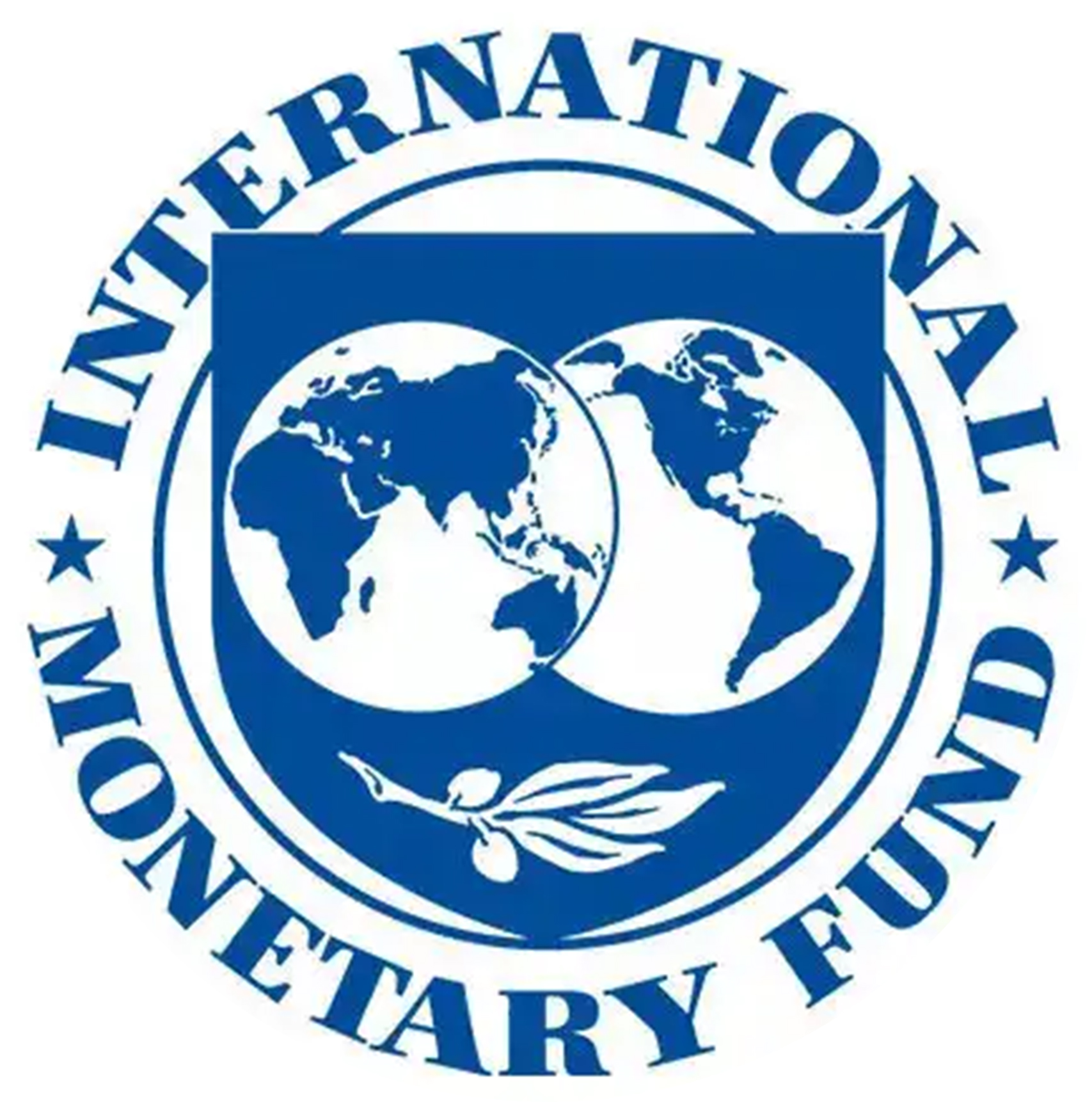news details |
|
|
| Post-ceasefire, IMF faces global backlash over funding to a terror-linked regime | | |  Early Times Report Early Times Report
Jammu, May 16: After the announcement of a ceasefire understanding between India and Pakistan, a debate has started at the global level over the decision of the International Monetary Fund (IMF) to disburse a one billion dollar instalment to Pakistan amid heightening tension between the two countries.
The decision has ignited fierce debate within the global financial community, with critics questioning whether the IMF is inadvertently legitimizing a state apparatus with deep ties to terrorism.
At the heart of the controversy is Lt. Gen. Ahmed Sharif Chaudhary, Pakistan’s current Director General of Inter-Services Public Relations (DG ISPR) and the son of Sultan Bashiruddin Mahmood, a Pakistani nuclear scientist designated as a global terrorist by the United States and United Nations. Mahmood, once a key figure in Pakistan’s nuclear program, founded Ummah Tameer-e-Nau (UTN), a group banned for its role in aiding Al Qaeda and the Taliban.
According to UN Security Council reports, Mahmood met with Osama bin Laden and Ayman al-Zawahiri in Kandahar in August 2001, weeks before the 9/11 attacks.
He allegedly shared critical knowledge about nuclear weapons development, equipping Al Qaeda with dangerous technical insights. Mahmood’s UTN also collaborated with terror groups like Al Rashid Trust and Jaish-e-Mohammed, funded Taliban reconstruction, and maintained close ties with Taliban leader Mullah Omar, effectively serving as a Taliban envoy in Pakistan.
The rise of Mahmood’s son to a prominent military position raises serious questions about Pakistan’s institutional tolerance for extremist legacies. Critics argue that the IMF’s financial support, absent rigorous scrutiny of such connections, risks propping up a system where radical ideologies persist unchecked.
“This isn’t just about one individual’s lineage,” said a senior analyst at a Washington-based think tank. “It’s about whether the IMF is enabling a state machinery that has historically failed to sever ties with terrorism.”
The urgency of the issue is underscored by recent threats from Al Qaeda in the Indian Subcontinent (AQIS), which vowed to support Pakistan in its tensions with India. These developments suggest that ideological alignments between terror groups and elements within Pakistan’s establishment remain a present danger.
While economic aid is critical for Pakistan’s recovery, experts are calling for conditional accountability. They urge the IMF to demand transparency, the dismantling of extremist networks, and a clear commitment to democratic principles before releasing further funds.
“The global community cannot afford to bankroll regimes that flirt with fundamentalism while claiming to combat it,” said a European diplomat. “The IMF must decide: Is it supporting economic stability or inadvertently funding the infrastructure of terror?”
The IMF has not yet commented on the controversy but faces growing pressure to address these concerns as it navigates its role in Pakistan’s economic future. |
|
|
|
|
|
|
|
|
|
|
|
|
| |
| |
|
|
|
|
 |
|
|
